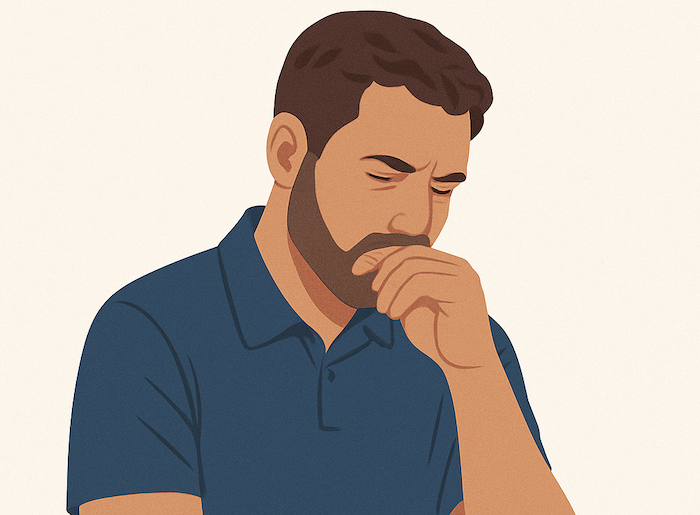- Fertility Resources and Provider Directory
- info@fertilitywarriors.com

Navigating the Pitfalls of Known Sperm Donation
May 18, 2023
Fertility Support
May 18, 2023The journey of having a child is unique to each person. For some conceiving happens easily and naturally, and for others the process leading up to it can be one of the most challenging experiences of their lives. The high stakes; uncertainty of a positive outcome, despite all the time, energy, and money being invested; as well as lengthy, invasive, and sometimes unpredictable medical treatments can leave one feeling drained and overwhelmed.
There is stigma and feelings of isolation associated with infertility challenges. With every obstacle one faces during fertility treatments, it is normal to feel a range of emotions, including anger, grief and anxiety. These emotions can feel all consuming and difficult to deal with given that not everyone understands or can relate to what the individual is going through, and many people may not even know the person is undergoing fertility treatment. Additionally, the medications can cause a range of side effects, including hormonal fluctuations and weight gain, and there could be different phases of the treatment process where the person cannot engage in self-care and centering techniques, such as exercise. Navigating all of these challenges can also be extremely stressful on a relationship, causing tension and conflict between partners.
Given these and other challenges, undergoing fertility treatments can be a traumatic experience for many women. Trauma is a subjective feeling of being overwhelmed. The mind and body are intimately connected, and feelings of being overwhelmed and anxiety impact our body. It is critical to not be in fight, flight or freeze mode when trying to have a baby, and instead ensure that both our mind and body feel as regulated as possible to help with the process. Given these challenges and the impact it has on our body, what can one do? In addition to engaging in activities that help with stress reduction and nervous system regulation like meditation, exercise, journaling, and other practices that foster resilience, it is invaluable to be a part of a support group. Support groups offer a range of benefits – from sharing information that helps one understand their options and find the right doctor, to being surrounded by a support network of people who can relate to and empathize with the person’s experience. Having a community to lean on can significantly help with the process of healing from the trauma of possible setbacks or losses along the way, and to remind the person that they are not alone.
The psychological impact of infertility and needing to go through fertility treatment needs to be recognised. As the number of people seeking fertility treatments increase, and the size of their community gets bigger, therapists are being approached by more and more people who are seeking help while going through this very trying phase in their lives. The hope is that in time there will be more services available to help individuals navigate this difficult time in people’s lives, and that the impact fertility treatments have on people is better understood by the wider population. Just as everyone’s journey for having a child is unique, everyone’s ways of coping and finding joy and meaning during this time is also individualized.
When planning to go the IUI/IVF route to have a baby, just as it is important to choose the doctor and clinic to have the treatment, it is equally important to find a support group and a therapist to help navigate the psychological issues that will crop up.
Neha Reddy
LCAT, BC-DMT, SEP




